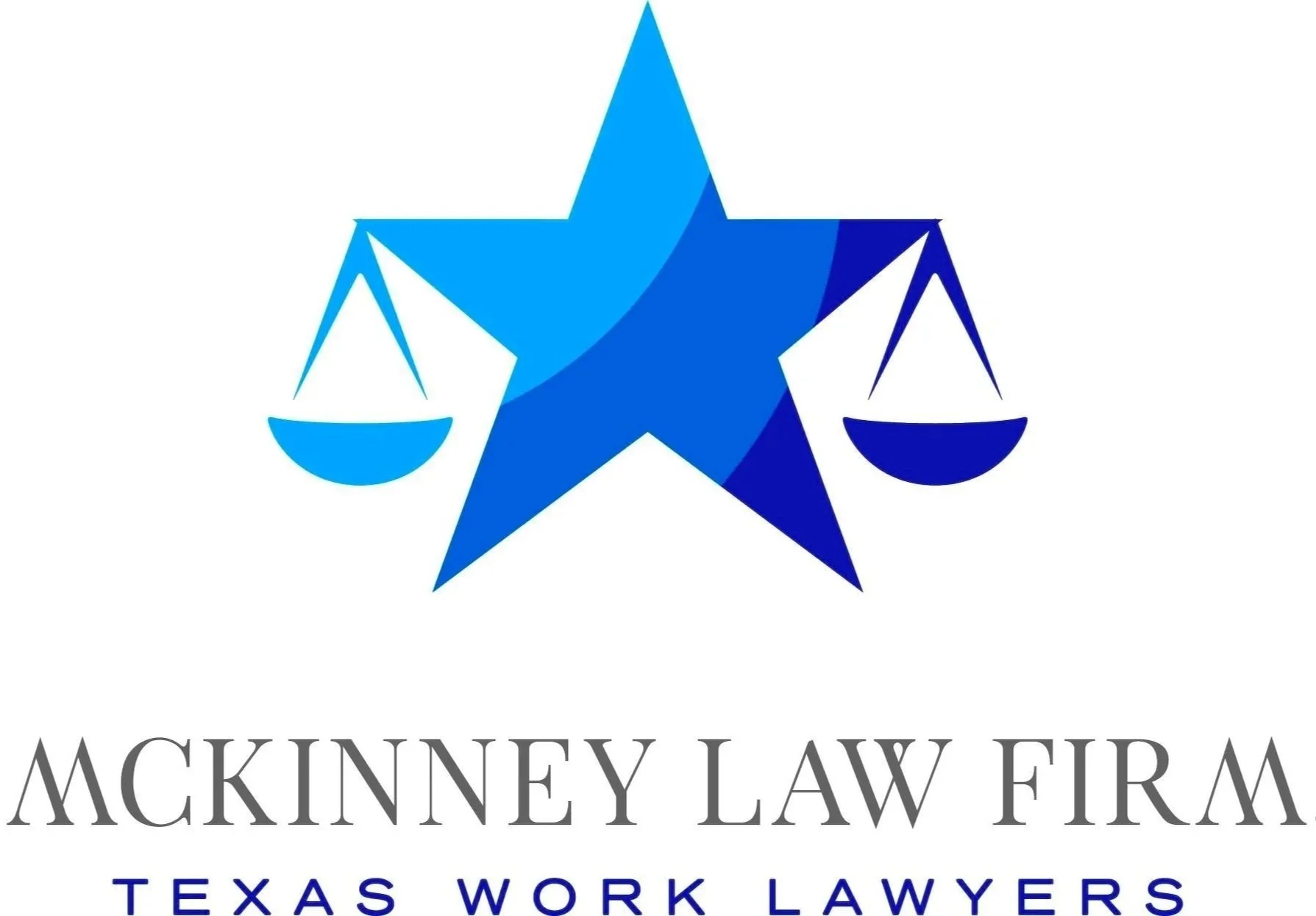Do I Need To Hire a Board Certified Employment Lawyer?
/It is certainly true that any lawyer who has passed the bar and is in good standing can legally represent you in an employment-related case. Many attorneys who primarily handle personal injury or other types of cases will also agree to take on wrongful termination, sexual harassment, or other types of employment cases.
However, just because a lawyer will agree to take your case does not, in and of itself, indicate that the lawyer has the specialized knowledge needed to do the absolute best job of representing a client in an employment-related legal matter. Employment law is highly specialized, largely controlled by statute, and full of short limitations time periods and other procedural issues that a practitioner must be aware of in order to fully protect his or her client’s rights.
What does “Board Certified” mean?
In order to be certified, the attorney must have substantial, relevant experience in labor and employment law and have also demonstrated and been tested for special competence in that area. Board Certified lawyers earn the right to publicly represent themselves as specialists in a select area of law. To remain certified, an attorney must apply for recertification every five years and meet substantial involvement, peer review and continuing legal education requirements for the specialty area.
According to the Texas Board of Legal Specialization:
There are more than 70,000 attorneys licensed to practice in Texas. Only 7,000 are Board Certified.
Board Certified lawyers earn the right to publicly represent themselves as a specialist in a select area of the law. In fact, they are the only attorneys allowed by the State Bar of Texas to do so. This designation sets them apart as being an attorney with the highest, public commitment to excellence in their area of law.
In short, Board Certification is one way to find a lawyer who has devoted a great deal of time and effort developing skills and knowledge needed to effectively represent clients in that particular area of the law.








